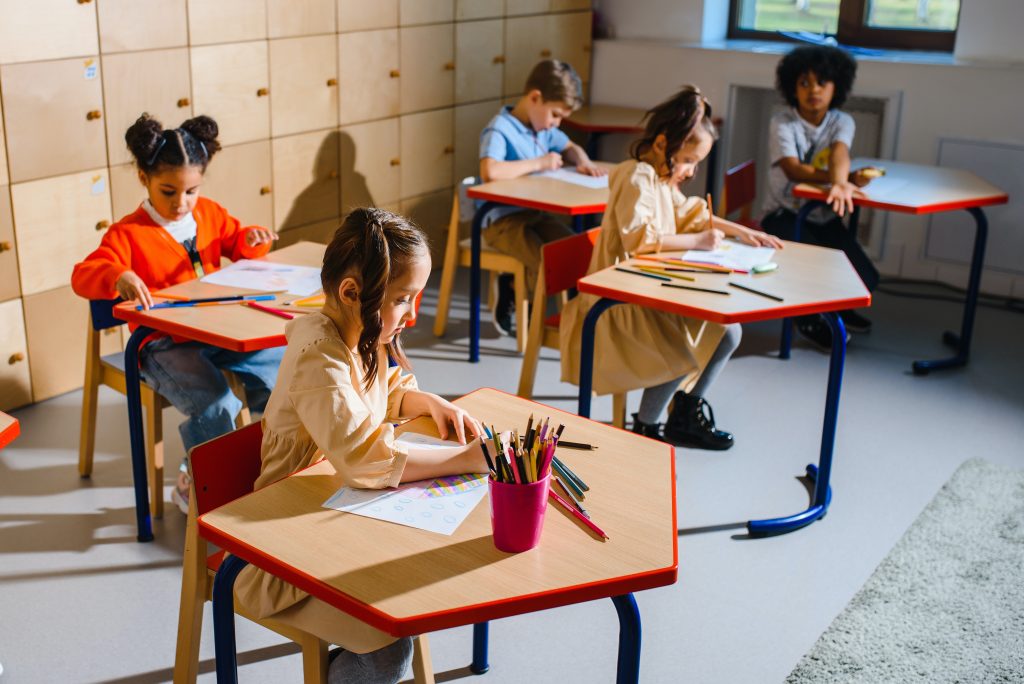Expanding Multilingual and Multimodal Practices in Higher Education Pedagogy
Participating in the Listiac project has provided valuable opportunities to carefully consider how pedagogical practices can promote linguistically sensitive teaching (LST) in all classrooms. At the University of Jyväskylä, we have become increasingly aware that students of education have more individual resources than are used in academic study. It is perhaps unsurprising that teachers can struggle to draw on the full range of linguistic and cultural resources young pupils bring to classrooms, if the teachers themselves have not had the opportunity to ‘step outside the box’ of monolingual education in their own studies.












